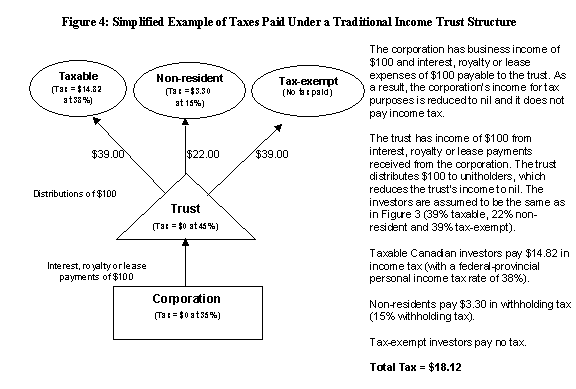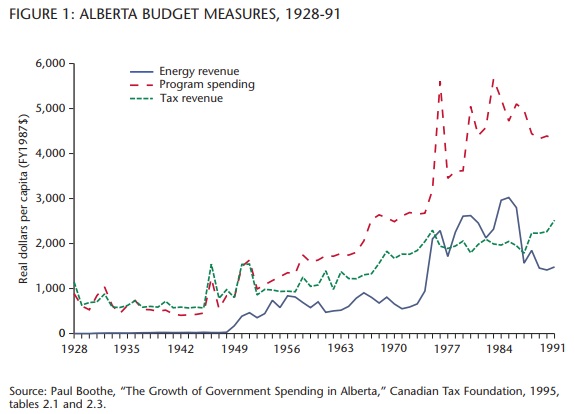Investing in the energy sector can be a lucrative opportunity for investors looking to diversify their portfolios and capitalize on market trends. One investment option that has gained popularity in recent years is Oil Royalty Trust ETFs.
These unique investment vehicles offer investors a way to participate in the profits of oil production without the complexities of direct ownership.
In this article, we will explore the concept of Oil Royalty Trust ETFs, discuss their benefits and risks, highlight top-performing options in the market, provide tips for investing in them, and explore alternative investment options in the energy sector.
Definition and Concept of Oil Royalty Trust ETFs
Oil Royalty Trust ETFs are investment funds that pool royalties from oil production. These trusts acquire rights to a portion of oil production from specific properties or regions and distribute the royalties among shareholders as dividends. Investing in these funds offers potential income and diversification within the energy sector.
However, investors should consider risks such as fluctuating oil prices and tax implications before making investment decisions.
How Oil Royalty Trust ETFs work
Investing in an Oil Royalty Trust ETF means becoming a shareholder in a diversified portfolio of royalty interests in oil-producing properties. These trusts collect royalty payments from different producers and distribute a portion as dividends to investors. The consistent income generated by oil production results in high dividend yields.
This investment offers diversification benefits, reducing risk by spreading investments across multiple assets. Furthermore, Oil Royalty Trust ETFs provide liquidity advantages, allowing for easy buying and selling on stock exchanges.
Before investing, thorough research is crucial to understanding the terms, fees, and historical performance of each trust.
In summary, Oil Royalty Trust ETFs provide investors with a stake in royalty interests from oil-producing properties. Dividends are received from collected royalty payments, making it an appealing option for income-focused investors seeking exposure to the oil industry’s profits.
Diversification and liquidity advantages further enhance this investment opportunity.
Potential for High Dividends and Income Generation
Investing in Oil Royalty Trust ETFs provides the potential for high dividends and a reliable source of income. These trusts offer steady distributions to shareholders as royalties flow in from ongoing oil production. This income can be reinvested or used to supplement existing portfolios, providing investors with a consistent stream of earnings.
By tapping into this opportunity, investors can benefit from the stability and growth potential of the oil industry while diversifying their investment portfolio. However, it is important to consider the risks associated with oil price volatility and evolving drilling technologies before making any investment decisions in this sector.
Diversification within the energy sector
Investing in Oil Royalty Trust ETFs allows investors to diversify their portfolio within the energy sector. These ETFs offer exposure to a range of oil-producing properties, spreading investments across multiple assets and reducing the impact of any one property’s performance on the overall investment.
By investing in an ETF rather than individual oil properties, investors can access various opportunities within the energy sector and benefit from professional management teams overseeing operations and income distribution.
Diversification in the energy sector is crucial for managing risk and maximizing returns. Oil Royalty Trust ETFs provide a convenient solution by offering exposure to a diversified portfolio of oil-producing properties.
This approach helps investors mitigate risk by spreading investments across different assets and regions, while also avoiding the challenges associated with direct ownership and management of individual properties.
Benefits of Investing in Oil Royalty Trust ETFs:
- Mitigate risk through diversification
- Access a range of opportunities within the energy sector
- Reduce impact of underperforming properties through multiple assets
- Tap into different economic conditions and developments across geographies
- Avoid complexities of direct ownership and management
Investors seeking exposure to the energy sector should consider diversifying their portfolio with Oil Royalty Trust ETFs to effectively manage risk and capitalize on potential opportunities.
Exposure to oil price fluctuations without direct ownership
Investing in Oil Royalty Trust ETFs allows investors to capitalize on oil price fluctuations without the complexities of direct ownership. As oil prices rise or fall, the royalties generated by these trusts adjust accordingly.
Investors can participate in the potential upside of rising oil prices while avoiding some of the risks associated with owning and operating physical assets.
However, it’s important for investors to consider certain risks before diving into Oil Royalty Trust ETFs. Fluctuating commodity prices, geopolitical events, regulatory changes, and economic conditions can all influence the returns of these investments. Additionally, management fees may reduce overall returns.
Careful evaluation of these factors is crucial before making any investment decisions in this sector.
In summary, investing in Oil Royalty Trust ETFs provides a way for investors to gain exposure to oil price fluctuations without the complexities and risks of direct ownership. However, it is essential to carefully consider the associated risks and evaluate fees before investing in this sector.
Volatility and Market Risks Associated with the Energy Sector
Investing in Oil Royalty Trust ETFs within the energy sector comes with inherent market risks. Fluctuations in oil prices, geopolitical tensions, and regulatory changes can all impact the performance of these investments. Oil prices are highly volatile, influenced by global economic conditions and political instability.
Geopolitical tensions can disrupt supply chains and create uncertainty. Regulatory changes, such as environmental regulations and tax incentives, also affect the energy industry. Investors must evaluate their risk tolerance and stay informed to make sound decisions in this complex sector.
Regulatory and Tax Policy Changes Impacting Returns
Regulatory and tax policy changes have a significant impact on the returns of Oil Royalty Trust ETFs. Government actions aimed at increasing revenue or addressing environmental concerns can result in higher taxes or increased compliance costs for oil producers.
These changes reduce royalty payments to trusts and ultimately impact shareholder dividends. Investors need to stay informed about potential policy shifts to make educated investment decisions and manage risks effectively.
Environmental Concerns and Potential Impact on Trust Performance
Environmental concerns surrounding fossil fuels can indirectly impact the performance of Oil Royalty Trust ETFs. With increased focus on renewable energy sources and stricter regulations on carbon emissions, demand for fossil fuels may decrease. This can lead to lower production levels and royalties collected by these trusts.
Climate change, government regulations, higher compliance costs, and changing consumer preferences towards sustainability all contribute to this potential impact. Investors should consider these environmental factors when evaluating the future returns of Oil Royalty Trust ETFs.
[lyte id=’gq_5dNpHELQ’]







